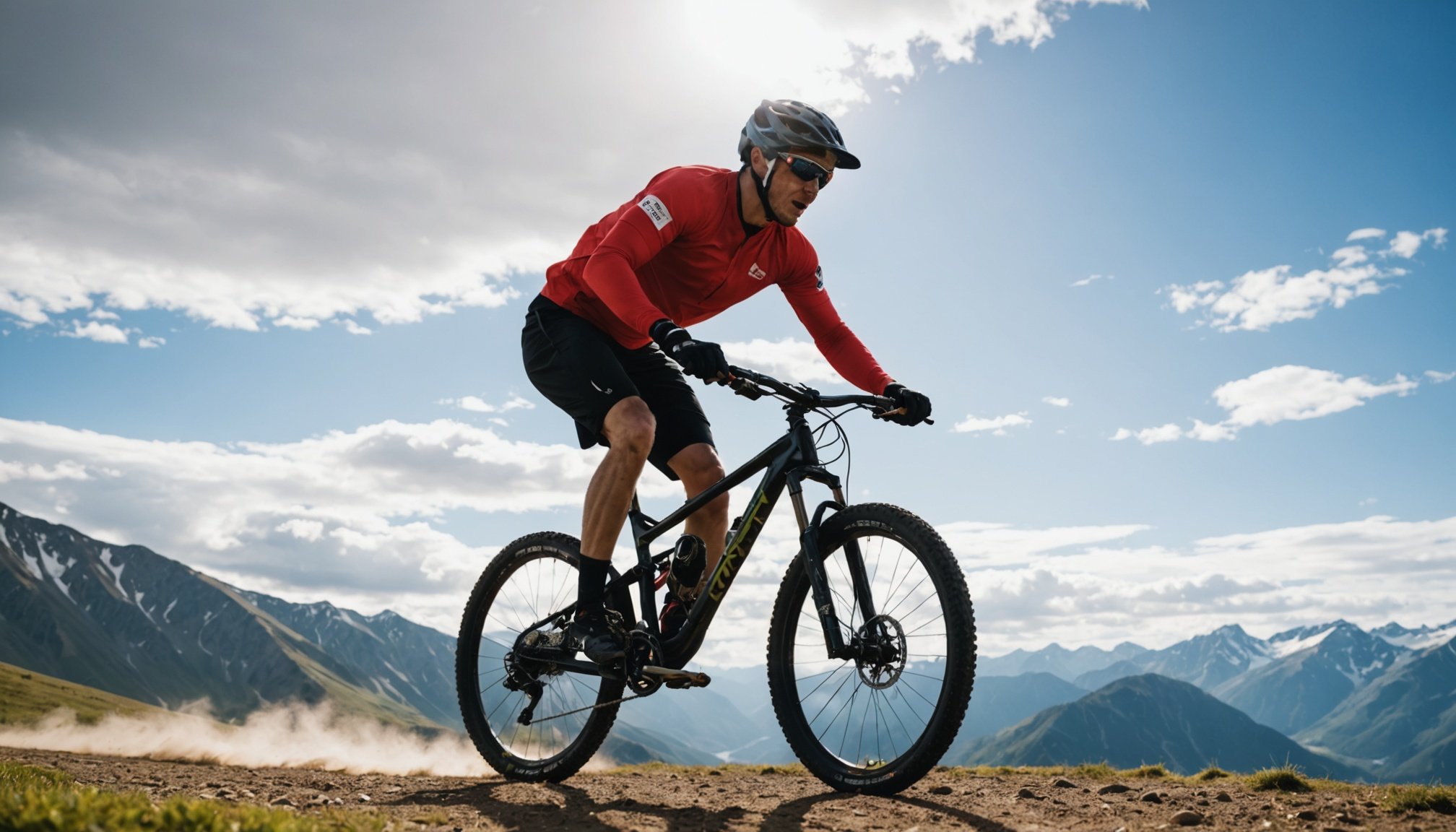Athletes are often seen as paragons of physical prowess, continuously pushing the boundaries of what the human body can achieve. Whether you’re a professional or a weekend warrior, understanding the nuances of nutrition can be pivotal in enhancing performance and endurance. This becomes even more crucial when comparing athletes from traditional team sports, such as football or basketball, with those partaking in the thrilling and often unpredictable world of extreme sports. In this article, we delve into how nutritional needs diverge between the two, ensuring energy levels are optimized and muscles recover efficiently, helping you make informed decisions about your dietary intake.
Understanding the Physical Demands of Extreme Sports
Extreme sports, characterized by high adrenaline and energy expenditure, demand a unique set of nutritional considerations. Whether it’s a heart-pounding downhill mountain bike race or the controlled chaos of rock climbing, the body’s muscle and energy systems are put to the ultimate test.
Also to discover : Turbocharge your cycling: proven interval training strategies to boost time trial results
Fueling with Carbohydrates
- Carbohydrates are the primary source of energy for these athletes. With activities that can sometimes extend over several hours, the need for sustained energy release is paramount.
- Unlike traditional team sports that may rely more on bursts of energy, extreme sports athletes benefit from complex carbohydrates found in grains and legumes to keep energy levels steady.
Protein for Muscle Repair and Growth
- Engaging in these relentless activities often leads to microtears in the muscle tissue. Protein intake becomes crucial, helping in rapid recovery and muscle adaptation.
- Low-fat dairy, lean meats, and plant-based proteins like tofu and legumes should be a staple in any extreme sports athlete’s diet.
Hydration and Electrolyte Balance
- The risk of dehydration is higher in extreme sports due to prolonged exposure to elements and intense physical exertion. Maintaining fluid levels with electrolyte-rich drinks can prevent muscle cramps and maintain optimal performance.
In conclusion, the diet of an extreme sports athlete should focus on prolonged energy provision, sufficient protein for recovery, and maintaining body fluid balance. This ensures they can endure and thrive in their demanding environments.
Nutritional Strategies for Traditional Team Sports
Traditional team sports, such as football, soccer, and basketball, have their own distinct set of nutritional requirements. These sports require a balance of speed, strength, and strategy, often within the confines of a regulated environment.
In parallel : Mastering the Art of Cornering: Proven Techniques for Motocross Riders to Boost Race Performance
Energy Needs and Timing
- Athletes in traditional team sports often engage in short, intense bursts of activity. Therefore, their energy needs are slightly different from their extreme sports counterparts.
- Pre-game meals rich in carbohydrates provide the necessary energy to sustain them through brief yet vigorous activities. Think pasta, rice, or fruit.
The Role of Protein
- While protein remains a crucial component for muscle repair and growth, the focus might be slightly less intense compared to extreme sports.
- Consistent intake throughout the day, with sources such as chicken, fish, and eggs, supports ongoing training and recovery.
Importance of Hydration
- During the game, players lose a significant amount of sweat. Staying hydrated is essential for maintaining performance and avoiding fatigue.
- Water and sports drinks taken at regular intervals ensure that electrolyte balance is preserved.
Traditional team sports athletes need a strategic approach to nutrition, focusing on energy bursts, muscle maintenance, and hydration. This balanced dietary plan supports the diverse physical demands of their sports.
Balancing Nutrition for Optimal Performance
Nutrition plays a pivotal role in any athlete’s performance, but it becomes even more crucial depending on the sport’s unique demands. Both extreme and traditional team sports require a careful assessment of nutritional needs to ensure peak performance.
Customizing the Diet
- Each athlete should consider customizing their diet to match their specific training regimen, focusing on foods that align with their energy needs and recovery requirements.
- Incorporating supplements like multivitamins or protein powders can help fill in any nutritional gaps and support overall health.
Listening to the Body
- Intuitive eating, or the practice of listening to your body’s hunger and fullness cues, can guide athletes to better manage their food intake.
- Monitoring weight, energy levels, and overall health helps identify if your dietary plan needs adjustments.
Integrating Professional Guidance
- Working with a nutritionist or dietitian can provide personalized insights and strategies tailored to individual needs.
- Regular consultations ensure that nutritional plans remain aligned with evolving training and performance goals.
Ultimately, monitoring and adjusting nutrition based on training demands and personal feedback ensures athletes maintain their health while maximizing their potential to perform at their best.
In conclusion, the nutritional landscapes of extreme sports and traditional team sports, while distinct, are both centered around maximizing performance and supporting health. The meticulous balance of protein, carbohydrates, and fluids is essential for sustaining energy and facilitating recovery. Recognizing the specific demands of each sport allows athletes to craft a diet that enhances their abilities, ensuring they can compete at their highest level. By prioritizing nutrition, athletes can not only fuel their bodies but also empower their training and competitive edge, ultimately leading to success both on and off the field.











